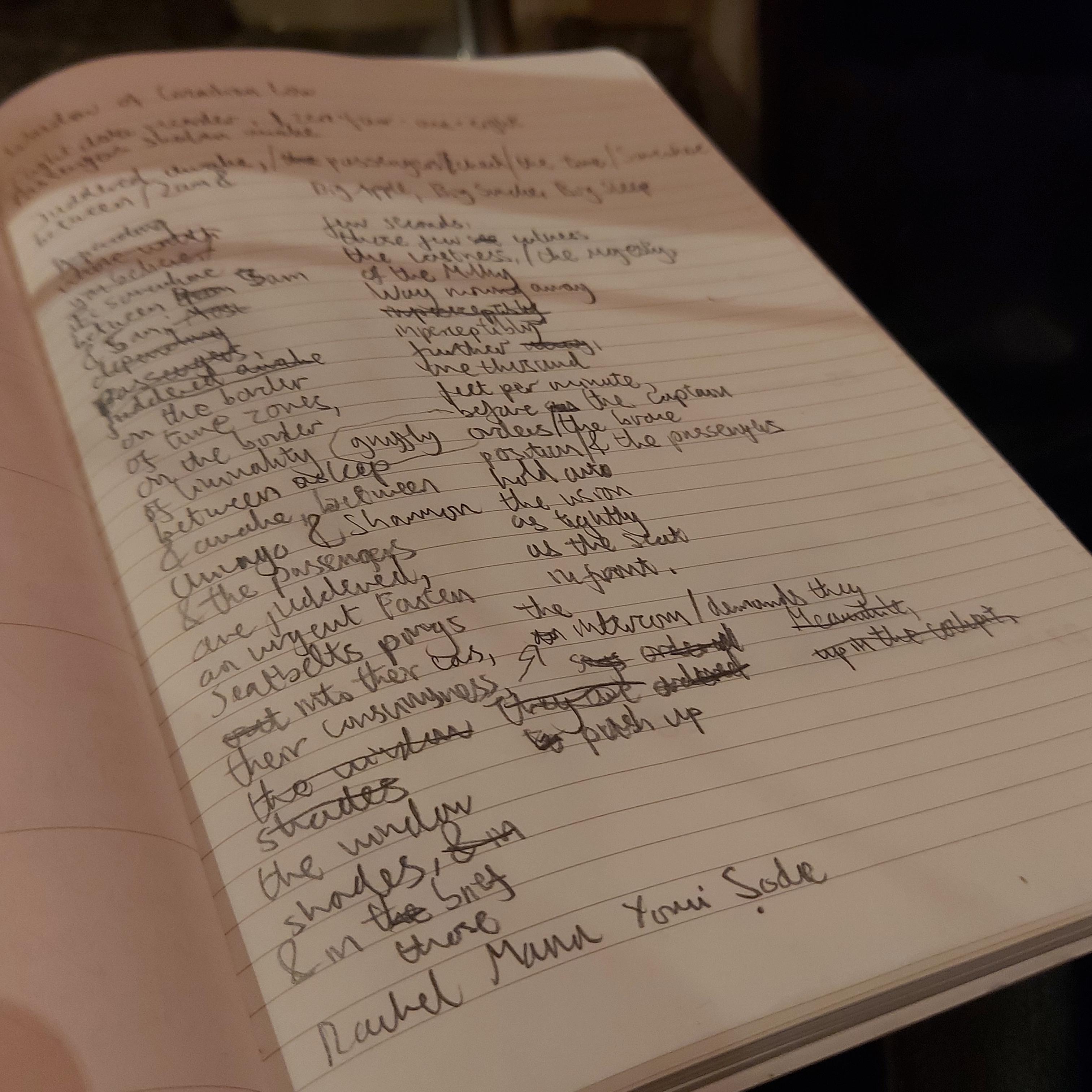On Saturday, I made my annual visit to StAnza in St Andrews, billed as Scotland’s International Poetry Festival.
I’ve been going for around a decade, but my commitment has varied from year to year. Sometimes I’ve been to as many events as possible during a day trip, and sometimes I’ve booked accommodation so I could stay for the late-night slam.
This year, I made a conscious decision to buy just one ticket for the Breakfast Poetry show. As part of the entry fee, the audience is offered light refreshments and a coffee. In the afternoon, I planned to take the opportunity to catch up with my pal Robert who lives in St Andrews.
My advice for going to StAnza – and poetry events in general – is always to carry a notepad and pencil. I always find little nuggets of information that would otherwise be forgotten afterwards.
I’m glad I did because I was trying to compose a poem for my monthly Wyverns group using the prompt ‘Stars and planets’. I’d been turning over two ideas but they’d been coming out as short stories.
But as I listened to our guests Rachel Mann and Yomi Ṣode, it started to come together. It’s hard to quantify, but just being around other poets can help the process along. I was able to complete the piece that morning.

The following day, I typed up the piece and sent it to the group. The meeting had already taken place a week before it normally does because of a scheduling conflict, but I did received generally positive feedback by email.
I don’t yet know what my next festival will be, but I’m looking forward to finding out what’s on.
